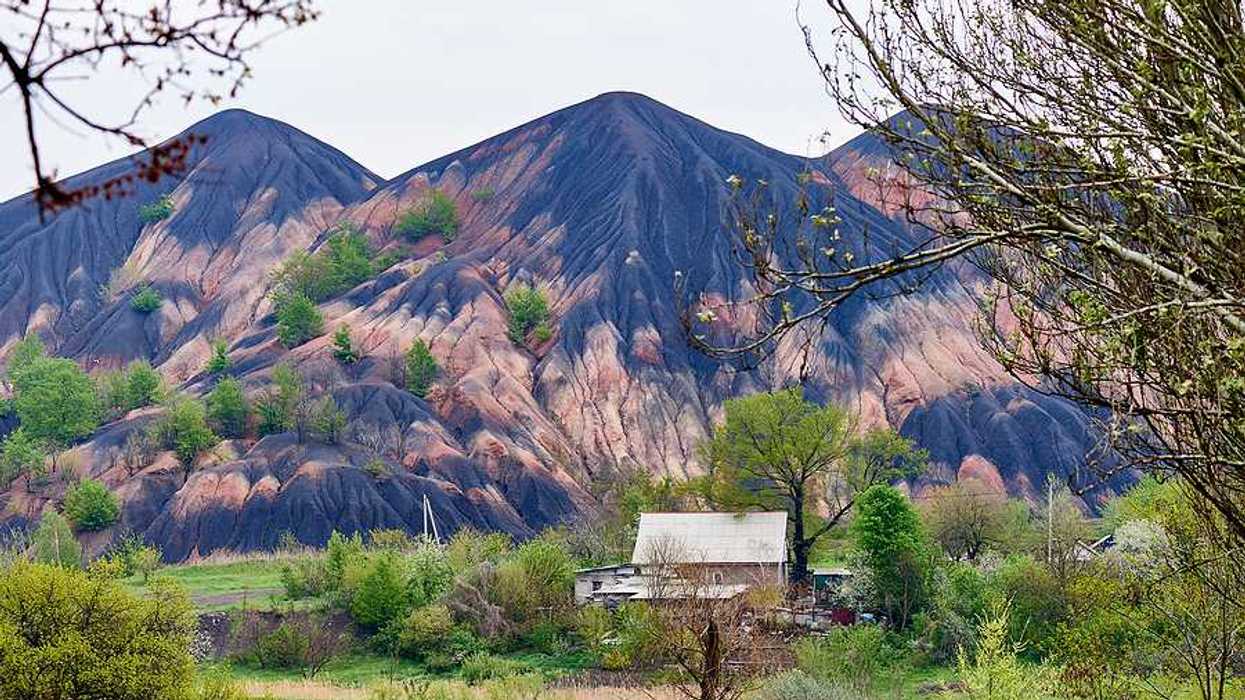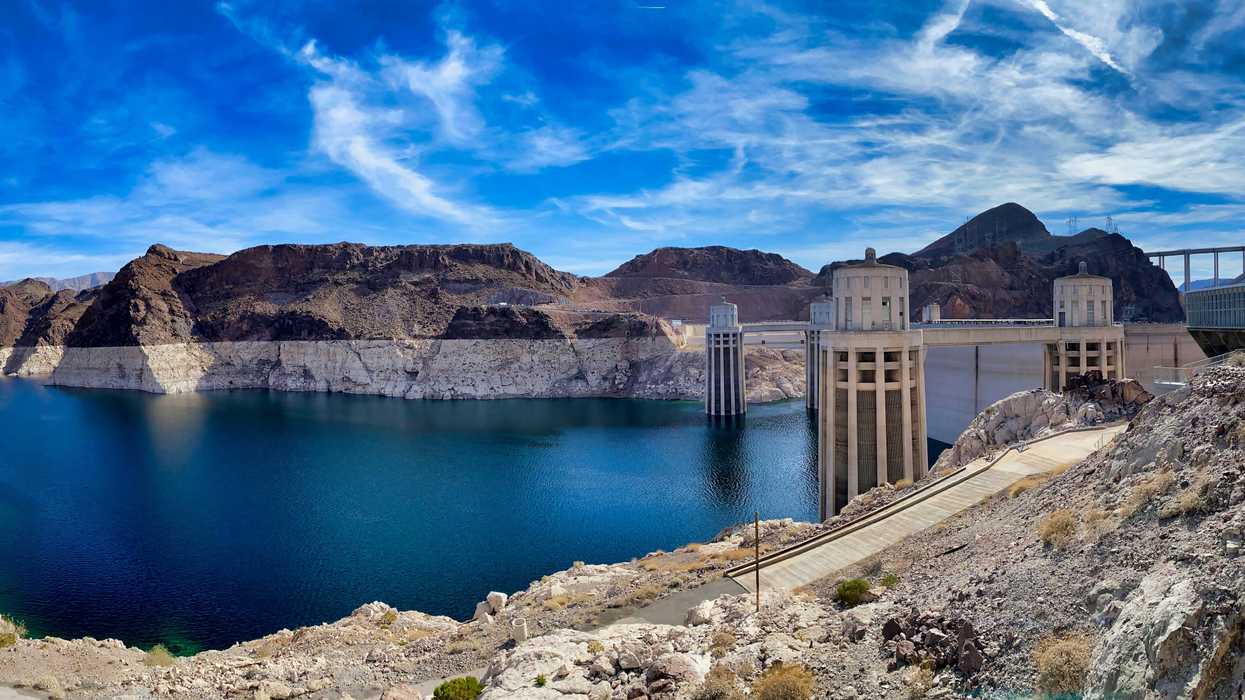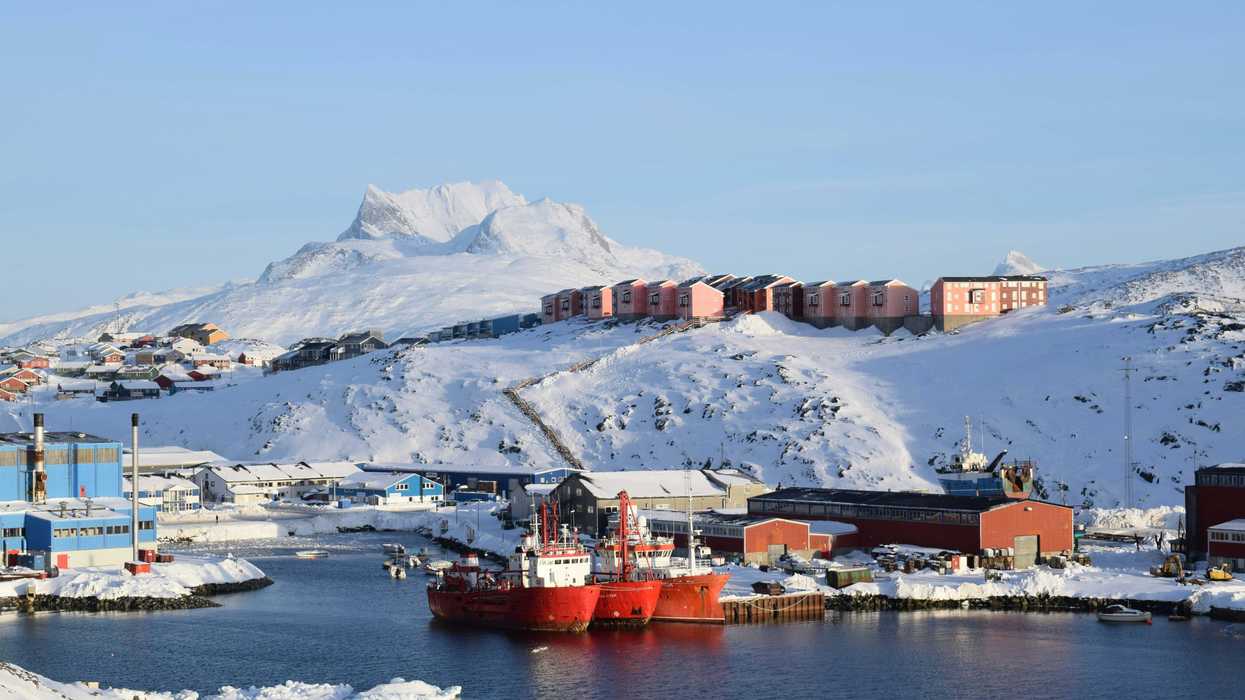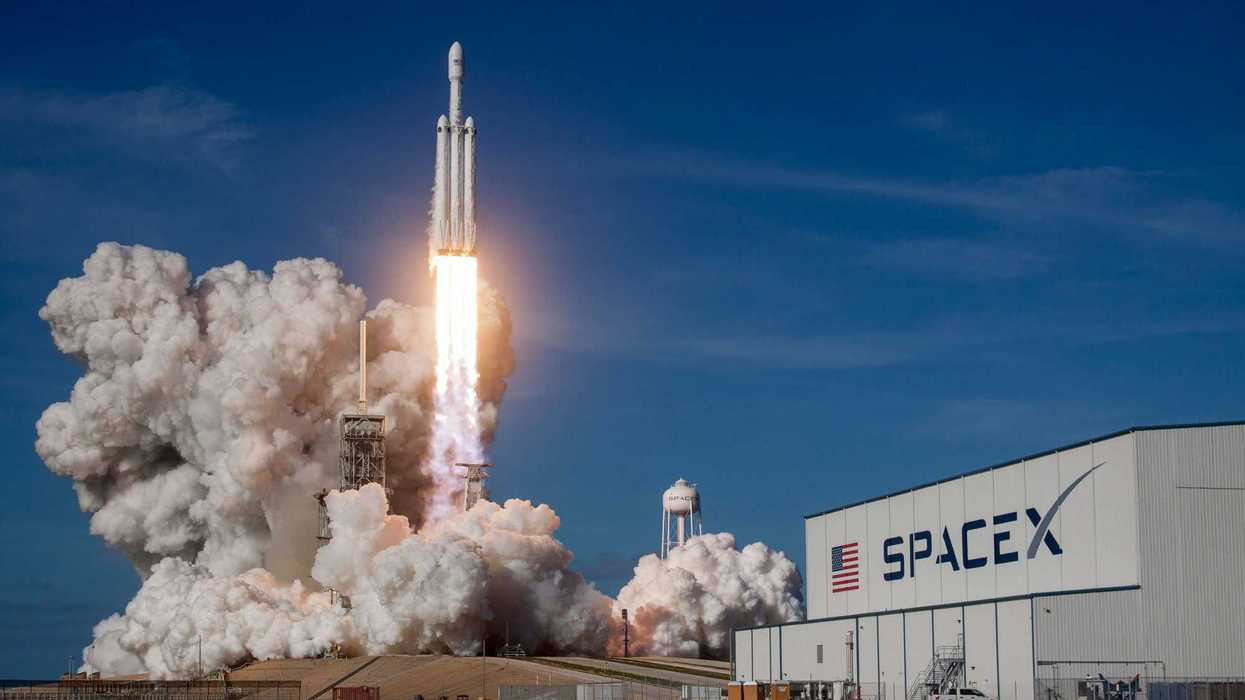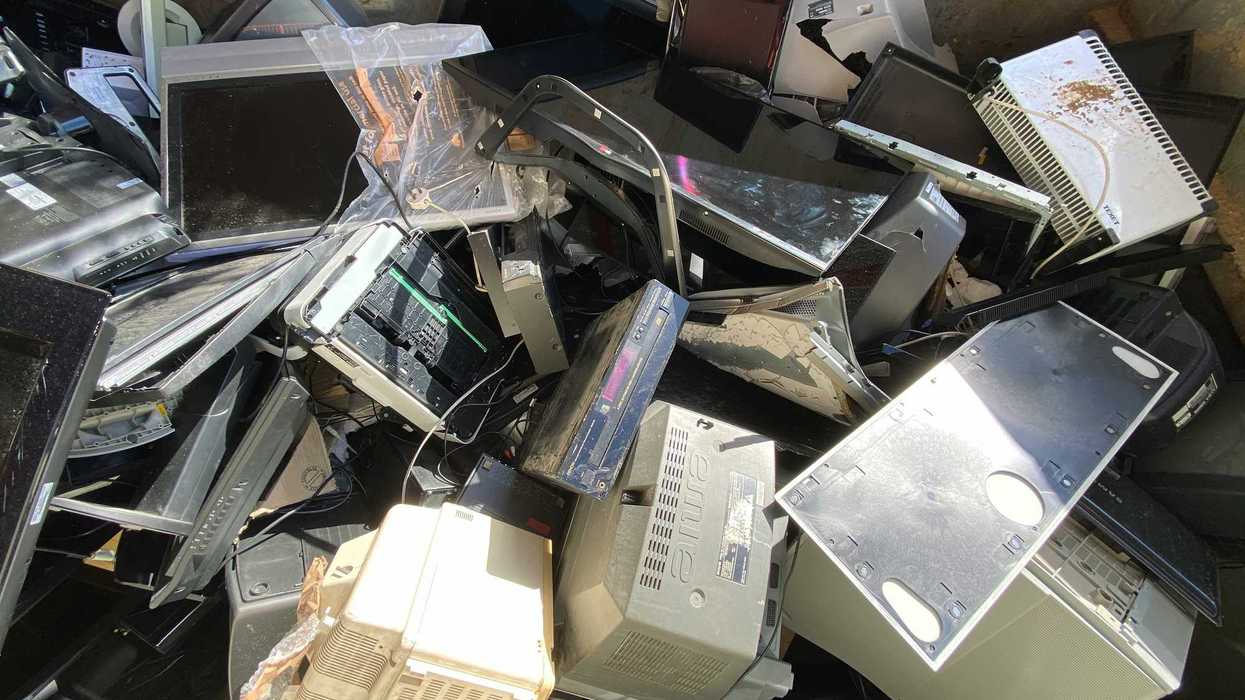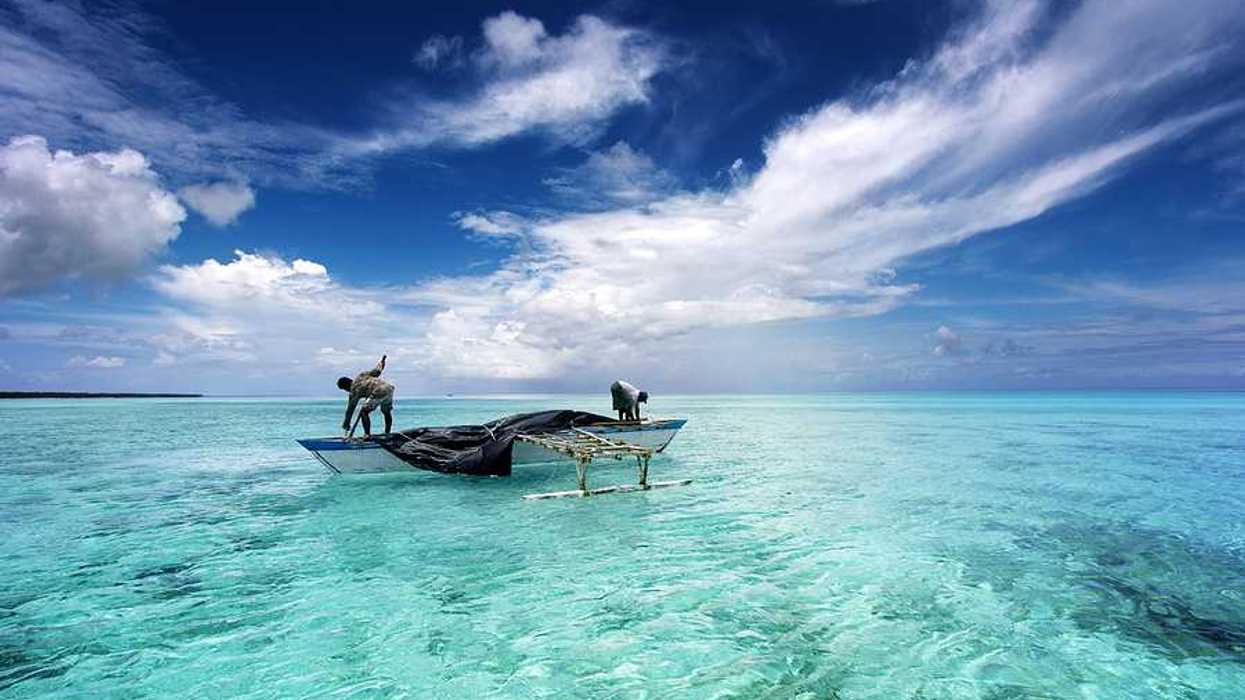Pope Francis died this morning at the age of 88. He spent his papacy urging world leaders and everyday Catholics to treat climate change as both a scientific fact and a moral emergency.
In short:
- Pope Francis made climate justice a pillar of his legacy, calling for urgent action on global warming and spotlighting its disproportionate impact on the poor.
- His 2015 encyclical Laudato si’ was a watershed moment, aligning Catholic doctrine with climate science and influencing key international talks like the Paris Agreement.
- Even as his health declined, he continued to challenge wealthy nations’ responsibility, framing fossil fuel dependence and environmental destruction as “structural sin.”
Key quote:
“The wealthier nations, around one billion people, produce more than half of the heat-trapping pollutants. On the contrary, the three billion poorer people contribute less than 10 percent, yet they suffer 75 percent of the resulting damage.”
— Pope Francis
Why this matters:
Pope Francis helped elevate climate change to an urgent moral imperative, linking it to poverty, inequality, and global health. His framing was radical in its simplicity: Protecting the Earth is not just about survival; it’s about love, justice, and human dignity. Even as the pope's health faltered, he made it clear that environmental collapse isn’t just a policy failure, but a spiritual failure. And while not everyone accepted his message, Pope Francis helped galvanize climate movements around the world and gave environmental justice a pulpit few could ignore.
Read more: At the Vatican, a call to avoid 'biological extinction'



